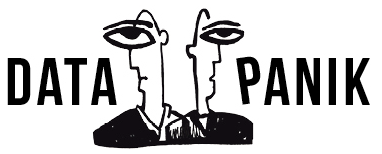In Amerika zijn er bedrijven die gespecialiseerd zijn in het koppelen van een online identiteit aan een offline identiteit. In een artikel in Gizmodo laten Kashmir Hill en Surya Mattu zien hoe ver dit kan gaan. Het bedrijf Acurian maakt ‘nep’-websites over onderzoek naar bepaalde medische aandoeningen. Deze zijn alleen maar bedoeld om gegevens te verzamelen en zo surfgedrag te koppelen aan een fysiek woonadres. Zo kon het gebeuren dat iemand die voor een vriend zocht naar een specifieke huidziekte een paar dagen later het aanbod in de brievenbus kreeg om mee te doen aan een medisch onderzoek.
![]() This is the hidden underside of the browsing experience. When you’re surfing the web, sitting alone at your computer or with your smartphone clutched in your hand, it feels private and ephemeral. You feel freed to look for the things that you’re too embarrassed or ashamed to ask another person. But increasingly, there is digital machinery at work turning your fleeting search whims into hard data trails.
This is the hidden underside of the browsing experience. When you’re surfing the web, sitting alone at your computer or with your smartphone clutched in your hand, it feels private and ephemeral. You feel freed to look for the things that you’re too embarrassed or ashamed to ask another person. But increasingly, there is digital machinery at work turning your fleeting search whims into hard data trails.
The mining of secrets for profit is done invisibly, shrouded in the mystery of “confidential partnerships,” “big data,” and “proprietary technology.” People in databases don’t know that dossiers are being compiled on them, let alone have the chance to correct any mistakes in them.
How a Company You’ve Never Heard of Sends You Letters about Your Medical Condition

